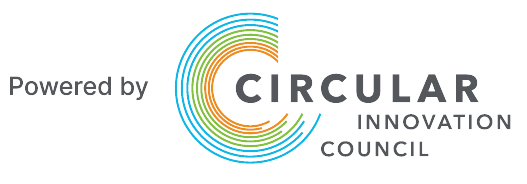Information technology (IT)
Information Technoloy industry + Circular Economy
Circular Supplies
Supply fully renewable, recyclable, or biodegradable resources
Product Life Extension
extending the lifecycle of a product by repairing, upgrading, or reselling
Product As Service
Products are used by customers through leaser or pay-for-use arrangements
Municipal and federal governments spend between two-four percent of operating budgets on information technology. Worldwide, $1 trillion US is spent every year generating more than fifty million tonnes of waste that is disposed of in landfills, which is equivalent to 800 laptops every second.
Consumption of electronics also creates one of the most rapidly growing waste streams. According to the United Nations statistics on SDG 12, e-waste generation in Europe and North America increased from 15 kg to 17.5 kg per capita between 2010 and 2019. Production of IT is equally detrimental because it is resource-intensive and requires continuous mining of virgin resources.
Eighty percent of the smartphone’s greenhouse gas emissions, for example, comes from production; 16 percent from customer use; three percent in transport; and one percent in recycling. In addition to greenhouse gases, electronics contain harmful chemicals like mercury, brominated flame retardants, and arsenic, which build up in our bodies and can cause severe consequences to human health.
Public sector procurers and suppliers realize the need to change IT’s linear pattern to focus on retaining the value of resources, using waste as production inputs, and extending the life of IT products. By purposefully applying circular principles like reuse, repair, recyclability, or resale into procurement requirements, the amount of material lost to disposal is reduced, and existing resources are reintegrated into production cycles to create demand for circular business models like circular supplies, resource recovery, and product life extension.
JOIN US

Awareness of the negative effects of unsustainable consumption and production, and the link to the current linear economy of take-make-waste, is an important priority in today’s society. Governments, businesses, and communities worldwide realize the need to fundamentally and systematically shift patterns of production and consumption. The circular economy offers an alternative and reinvented economic model that is holistic in nature and drives economic prosperity while protecting the environment to benefit society.
We are on the cusp of the circular economy in Canada and collaboration is crucial to advance it.
For information on how to further align efforts to support greater circularity, a customized partnership proposal is available on request. Contact for more information.
